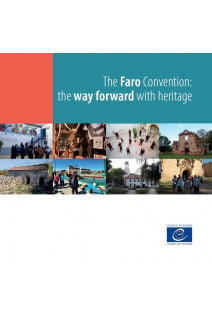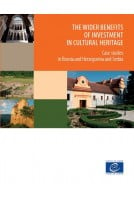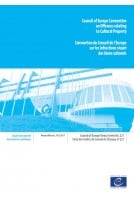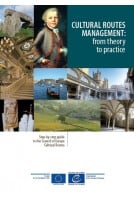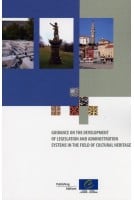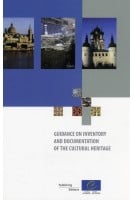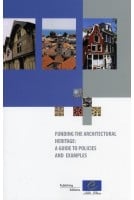The Faro Convention emphasizes the important aspects of heritage as they relate to human rights and democracy. It promotes a wider understanding of heritage and its relationship to communities and society. The Convention encourages us to recognize that objects and places are not, in themselves, what is important about cultural heritage. They are important because of the meanings and uses that people attach to them and the values they represent.
The Faro Convention on the Value of Cultural Heritage for Society opts for an enhanced definition of heritage, recognising that its management is not simply a matter of a top-down approach, but that what is required is bottom-up, people-driven action, empowering citizens and heritage communities to take an active part in (re) defining the values and meanings this heritage entails.
In this context, the new Faro Convention brochure aims at fostering joint action in the cultural heritage sector by civil society and authorities at various levels, presenting examples of the Faro Convention principles being applied in concrete cases, inspiring exchanges and opinion sharing, as well as bringing the Faro Convention to the public at large.
The Faro Convention is thus part of the change in the way we perceive heritage and it implies the active involvement of all stakeholders, taking into account their views, interests and considerations.
Foreword
The Framework Convention on the Value of Cultural Heritage for Society (Faro Convention)
The Faro Convention Principles
The Faro Convention Action Plan
Topical issues and Faro Principles at Work
The Faro Convention: a wide-spreading approach...
